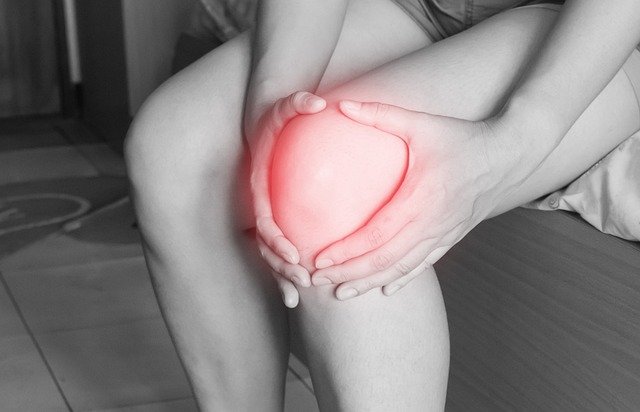Knee Pain: Understanding the Causes, Warning Signs, and Treatment Options
Knee pain is a common health concern that affects millions of people, impacting daily activities and quality of life. Whether caused by injury, medical conditions, or age-related changes, understanding the underlying factors and potential treatment options can help individuals manage their symptoms effectively and seek appropriate medical guidance.

What Causes Knee Pain?
Multiple factors contribute to knee pain, ranging from acute injuries to chronic medical conditions. Common causes include osteoarthritis, rheumatoid arthritis, ligament tears, meniscus damage, and overuse injuries. Sports activities, repetitive movements, obesity, and age-related wear and tear can significantly increase the risk of developing knee problems.
Key Symptoms to Look Out For
Recognizing knee pain symptoms is crucial for early intervention. Typical signs include swelling, stiffness, reduced range of motion, instability, and sharp or persistent aching sensations. Some individuals experience clicking or popping sounds during movement, while others might notice warmth or redness around the joint. Severe symptoms like inability to bear weight or significant joint deformity require immediate medical attention.
When Is It Time to Seek Medical Care?
Not all knee pain requires emergency treatment, but certain symptoms warrant professional medical evaluation. Seek immediate care if you experience:
-
Intense pain following a traumatic injury
-
Significant swelling
-
Inability to bear weight
-
Visible joint deformity
-
Fever accompanying joint pain
-
Persistent pain lasting more than a few weeks
Treatment Paths for Knee Pain
Treatment approaches vary depending on the underlying cause and severity of knee pain. Conservative methods often include:
-
Physical therapy
-
Pain management medications
-
Rest and ice/heat therapy
-
Lifestyle modifications
-
Supportive devices like braces
For more complex cases, medical interventions might include:
-
Corticosteroid injections
-
Regenerative medicine treatments
-
Minimally invasive surgical procedures
-
Total knee replacement for advanced joint deterioration
Everyday Tips to Support Joint Health
Preventive strategies can help maintain knee health and reduce pain risk:
-
Maintain a healthy body weight
-
Engage in low-impact exercises
-
Wear supportive footwear
-
Practice proper stretching techniques
-
Consume a nutrient-rich diet supporting joint health
| Treatment Option | Estimated Cost Range | Recommended For |
|---|---|---|
| Physical Therapy | £50-£100 per session | Mild to moderate knee issues |
| Corticosteroid Injections | £200-£500 | Inflammatory conditions |
| Knee Brace | £30-£150 | Support and pain management |
| Surgical Consultation | £150-£300 | Complex knee problems |
Prices, rates, or cost estimates mentioned in this article are based on the latest available information but may change over time. Independent research is advised before making financial decisions.
Knee pain can significantly impact daily life, but understanding its causes, recognizing symptoms, and exploring treatment options empowers individuals to take proactive steps towards managing their joint health.
Disclaimer: This article is for informational purposes only and should not be considered medical advice. Please consult a qualified healthcare professional for personalized guidance and treatment.




